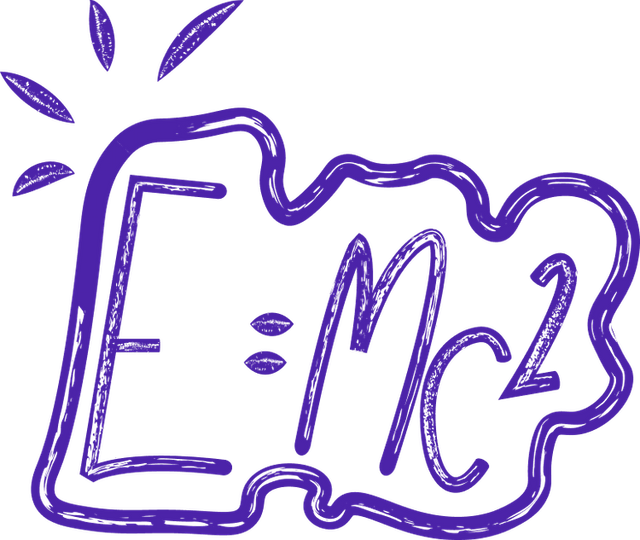
discrete optimization
Discrete Optimization: Maximizing Efficiency in Decision-Making
The goal of discrete optimization is to find the most optimal solution, maximizing or minimizing an objective function while satisfying a set of constraints. This optimization process often involves complex algorithms and mathematical models to explore the solution space and identify the combination of variables that yield the best outcome.
Applications of discrete optimization can be found in diverse fields such as logistics, scheduling, network design, resource allocation, production planning, and more. It aids in optimizing tasks like route planning, employee scheduling, inventory management, and facility location selection.
Discrete optimization problems are known for their computational complexity, and finding the globally optimal solution can be a challenging task. Various algorithms, including exact methods like integer programming and heuristics like genetic algorithms or simulated annealing, are employed to tackle these problems effectively.
The benefits of discrete optimization are significant. It enables businesses and organizations to make efficient decisions, optimize resource utilization, reduce costs, improve productivity, and enhance overall performance. By finding the best possible solution within the given constraints, discrete optimization drives efficiency and competitiveness.
In the dynamic world of decision-making, discrete optimization acts as a compass, guiding organizations toward optimal choices and efficient utilization of resources. It empowers decision-makers to make informed, data-driven decisions and uncover hidden opportunities for improvement.
To conclude our exploration of discrete optimization, let's add a touch of creativity. Here's a playful rhyme to ponder:
"Discrete optimization, a puzzle to crack,
Maximizing efficiency, keeping decisions on track.
With algorithms and math, we seek the best,
Optimal solutions put to the test."
With discrete optimization, the possibilities for efficient decision-making are endless. Unlock the power of optimization, and pave the way for smarter choices and improved outcomes. Discrete optimization is a branch of mathematical optimization that deals with finding the best solution from a finite set of possible solutions. It is often used in decision-making processes where variables can only take on specific values, rather than being continuous. Discrete optimization problems can be found in a wide range of applications, including logistics, scheduling, and network design.
One of the key challenges in discrete optimization is the combinatorial nature of the problems, which can lead to a large number of possible solutions that need to be explored. This can make finding the optimal solution computationally intensive and time-consuming. However, advances in algorithms and computational techniques have made it possible to efficiently solve many discrete optimization problems, allowing for faster and more accurate decision-making.
By using discrete optimization techniques, businesses and organizations can improve their operations, reduce costs, and increase efficiency. Whether it's optimizing a supply chain, scheduling employees, or designing a network, discrete optimization can help find the best possible solution to complex problems. By understanding the principles of discrete optimization and utilizing the latest tools and technologies, companies can gain a competitive edge in today's fast-paced and data-driven world.
Let’s build your next digital product — faster, safer, smarter.
Book a free consultationWork with a team trusted by top-tier companies.








